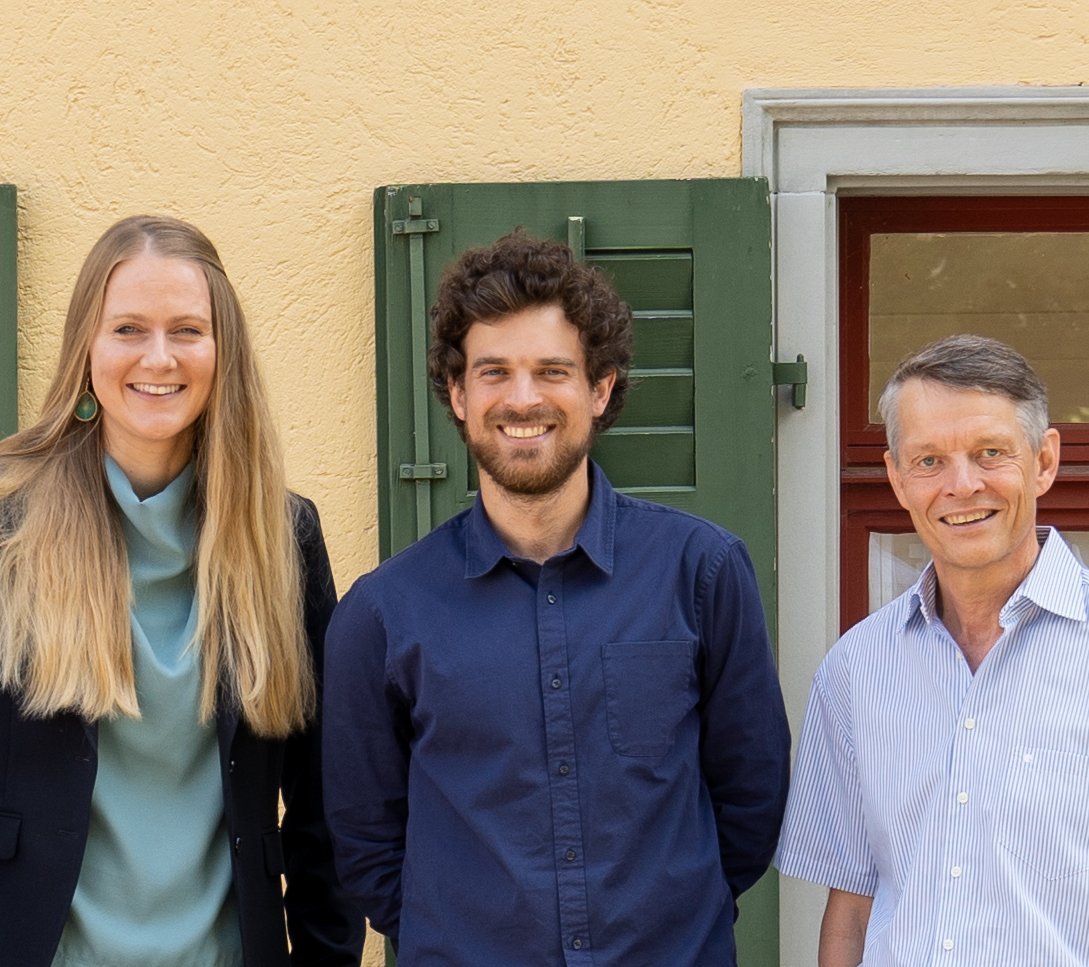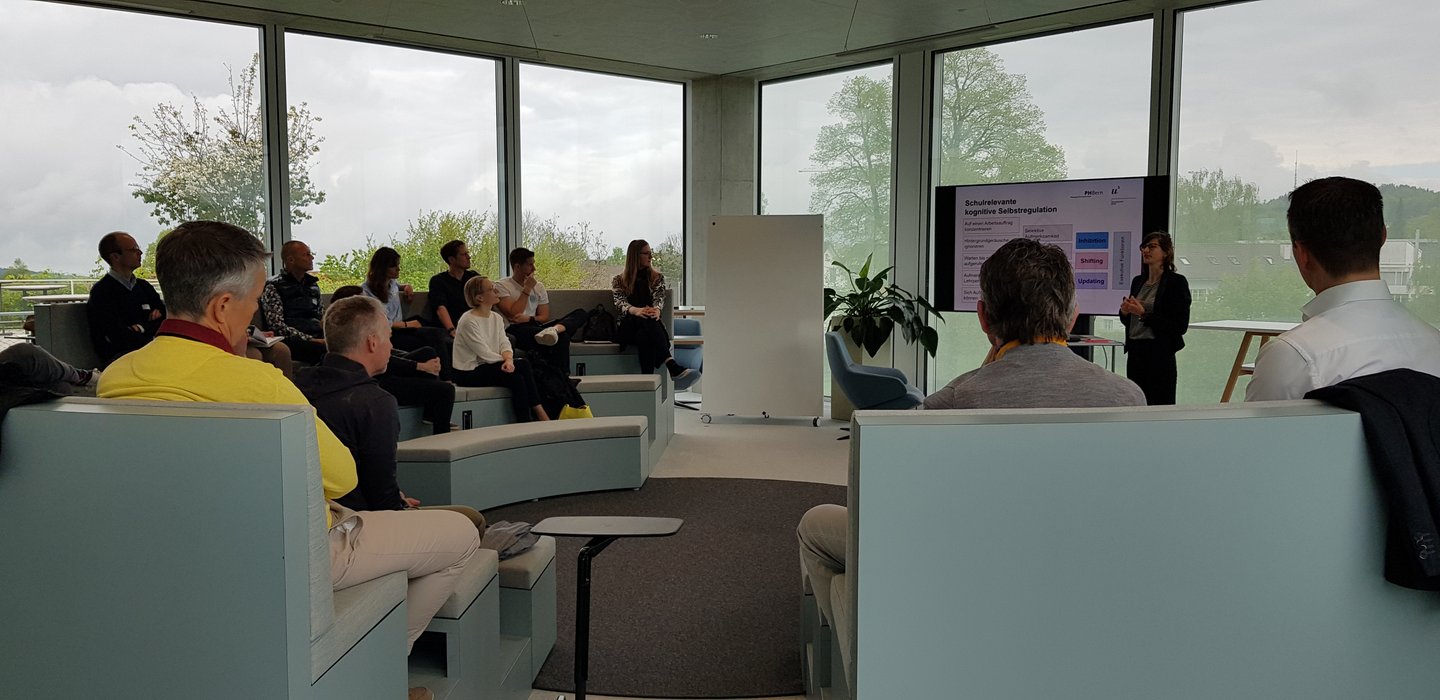Definition of Sports
Sports economics is a young and diverse field of economics. As researchers also interested in health, labour, behavioural and educational economics, as well as econometrics, we focus on various aspects related to sport, such as leisure sport participation and its impact on individuals' lives, as well as organisational issues in professional sport.
Leisure Time Sports
Sports participation has been shown to have positive effects on health, education, and labor outcomes. It helps maintain physical fitness, reduces stress, and promotes values like teamwork and fair play. Our research aims to further understand these effects on individuals of different ages and social contexts through social experiments and rigorous econometric analysis.
Professional Sports
Sports industry is growing rapidly with significant economic, cultural, and political impact. Events like FIFA World Cup and Olympic Games at-tract billions of viewers. Our research aims to study how tournament de-signs affect competitive balance, fair-ness, and winning probabilities. We analyze real tournament data using advanced econometric methods and provide an independent forecast for the German Bundesliga using machi-ne learning and simulation tools.
Sports as Laboratory
Sports data offer unique opportunities to test economic and behavioral models. Professional sports provide real-life situations with strong incentives to win, eliminating skepticism about laboratory findings. It allows observation of performance and measurement of variables like abilities and prizes. Our research investigates behavioral phenomena in tournaments and develops machine learning estimators using sports data as a laboratory.
Contact
Büro 06-U102
Varnbüelstrasse 14
9000 St. Gallen


